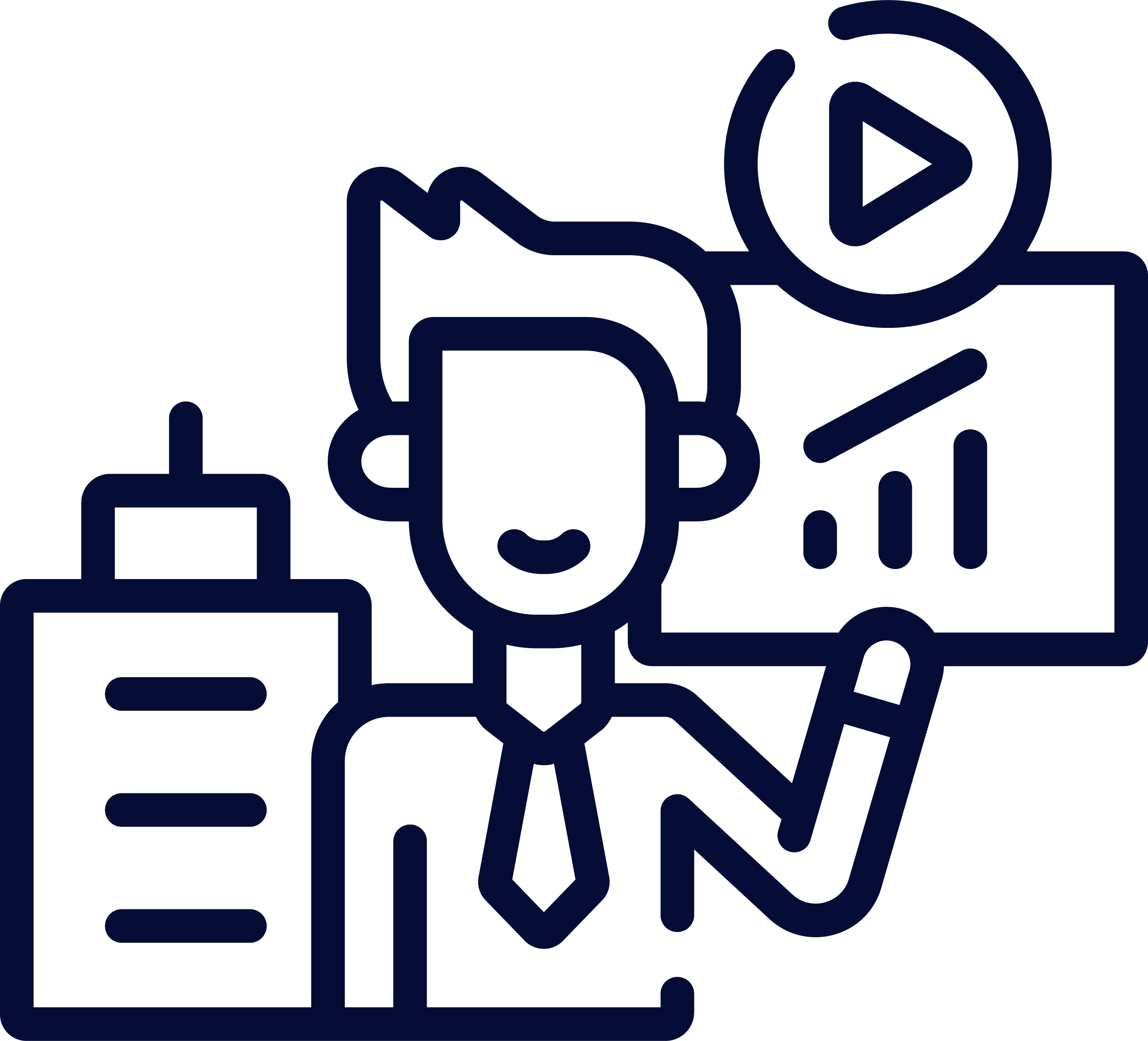
- Overview
- Curriculum
- Feature
- Contact
- FAQs
Building Strategic Influence in Matrix Organizations
Cognixia’s DevOps Plus online training and certification course is one of the best DevOps training courses that you can enroll in to get started on a thriving career path in DevOps.
While the Agile methodology had gained a lot of ground, raising a growing awareness about the need to transform how teams traditionally operated, development and operations teams remained siloed for years after Agile became popular. Around 2007-08, a new movement came alive, when IT operations and software development communities globally started raising concerns about the unimaginably high levels of dysfunction that existed in IT teams owing to this siloed nature of functioning. There was a rising voice against the traditional software development models, highlighting the gap between those who wrote the code and those who deployed and supported that code. Their leadership, ownership, KPIs, and often even floors and buildings were separate. From discussion in online forums and communities to an important movement in breaking down the silos, DevOps took shape and has come a long way since. The term reflects a robust new culture that developed, signifying the coming together of development and operations, hence, DevOps.
The demand for DevOps professionals is expected to remain robust for times to come. As organizations continue their digital transformation journeys and prioritize speed, efficiency, and reliability in software delivery, the need for skilled DevOps practitioners will only grow. The increasing complexity of software applications, coupled with the growing adoption of cloud technologies, will drive the demand for DevOps expertise even further.
While the specific roles and responsibilities within DevOps teams may evolve, the core principles of collaboration, automation, and continuous improvement will remain essential. This ensures that DevOps will continue to be a sought-after skill set in the tech industry for years to come.
Cognixia’s DevOps Plus course explores the key concepts, methodologies, and tools of DevOps. It begins by introducing the learners to the idea behind DevOps and what it is all about, moving on to discuss deeper concepts like virtualization, containerization, configuration management, and automation from there. This online DevOps course would help learners get familiarized with a range of DevOps tools like Vagrant, Docker, Chef, SaltStack, Puppet, Nagios, Ansible, Kubernetes, Docker Swarm, etc.
This DevOps online training course will help learners gather all the knowledge and skills needed to get started on a career in DevOps, opening up a host of potential roles for them like DevOps engineers, and DevOps architects, moving further up the ladder to DevOps leads, DevOps automation engineers, and DevOps security engineers. These roles would often have overlap in their roles and responsibilities, but the key would be to find a DevOps career that fits one’s interests and goals.
This line instructor-led online DevOps certification course is highly recommended for software developers, project and product managers, software architects, and network engineers. Even new graduates with academic degrees in IT, computer science, and other related fields can opt for this course for a great future ahead in the software development industry.

Why You Shouldn’t Miss this course
- Introducing DevOps and its significance in software development
- Different software development methodologies and their significance
- Introducing virtualization, types of server virtualization and virtualization products
- Installing and configuring Vagrant
- Version-control systems and installing GIT on Windows and Linux
- Dockers and containerization
- Configuration management with Chef, SaltStack, Puppet, and Ansible
- Monitoring with Nagios application
- Continuous integration using Jenkins
- Container clustering with Docker swarm and Kubernetes
- CI/CD pipeline automation
Recommended Experience
Structured for Strategic Application
Strategic Leadership Themes
Designed for Immediate Organizational Impact
Includes real-world simulations, stakeholder tools, and influence models tailored for complex organizations.
Frequently Asked Questions
Find details on duration, delivery formats, customization options, and post-program reinforcement.



